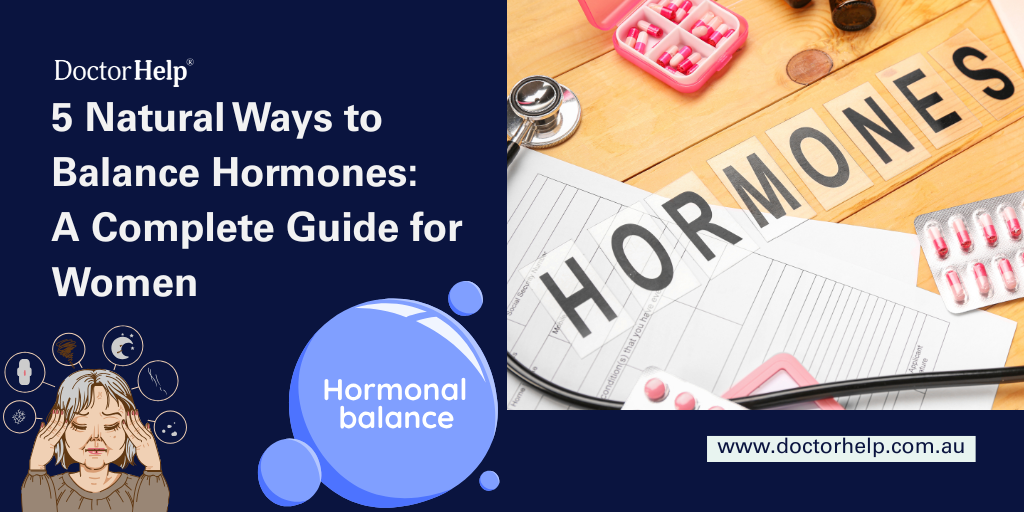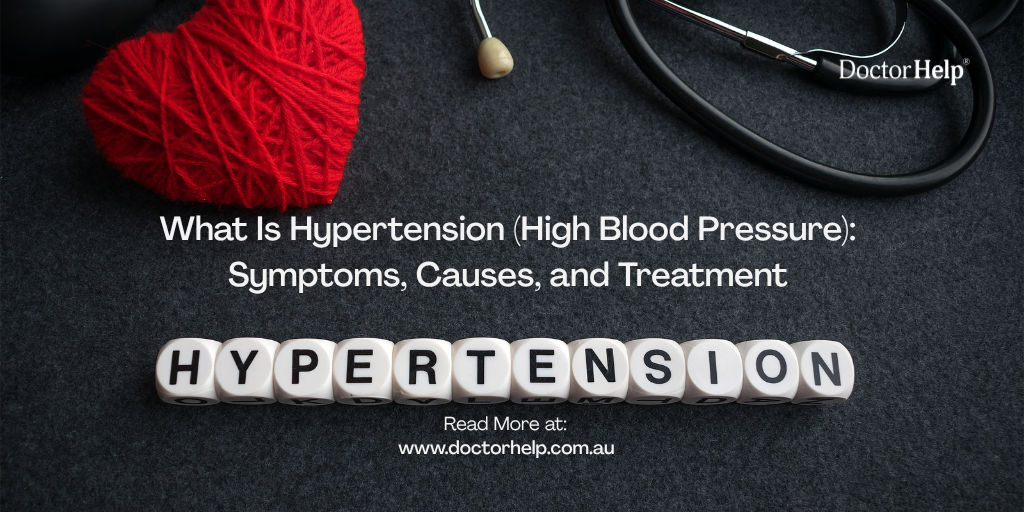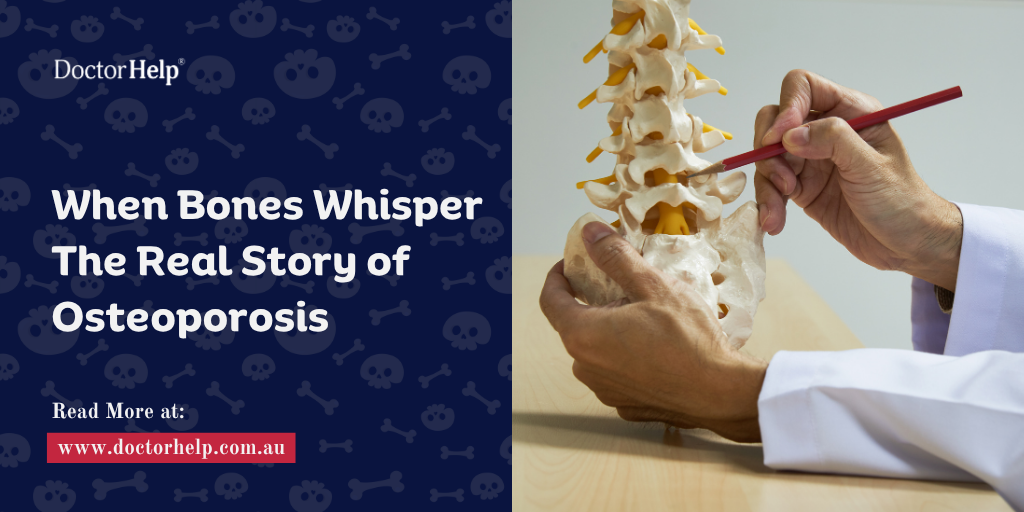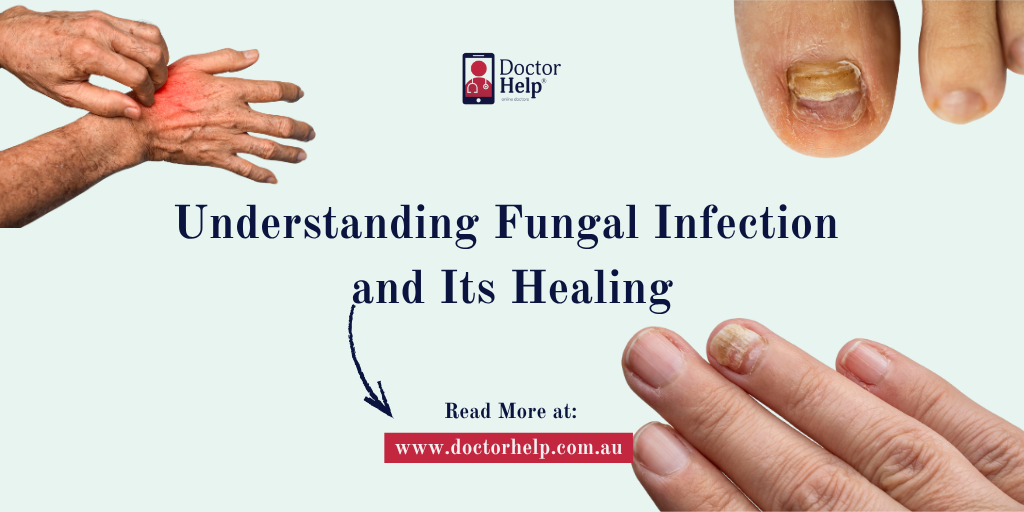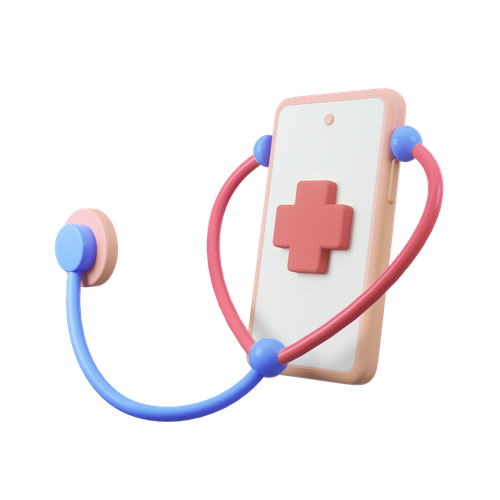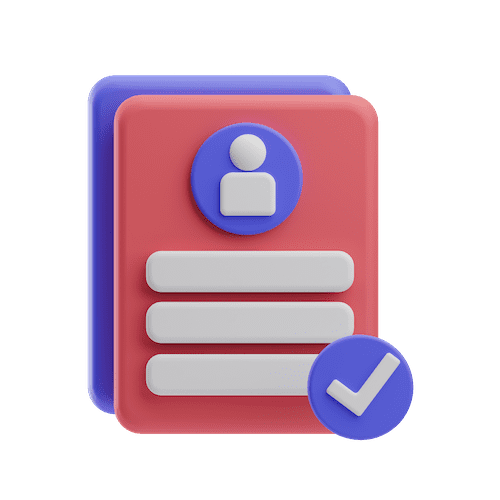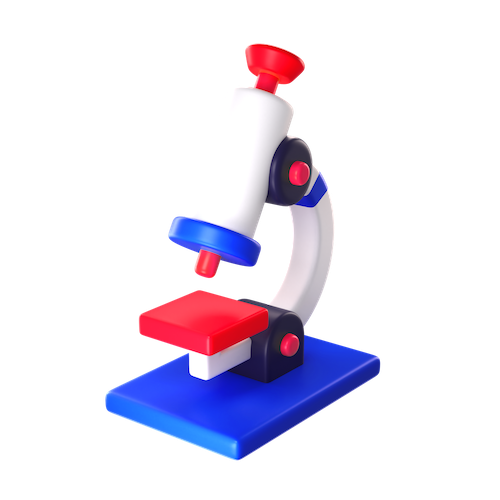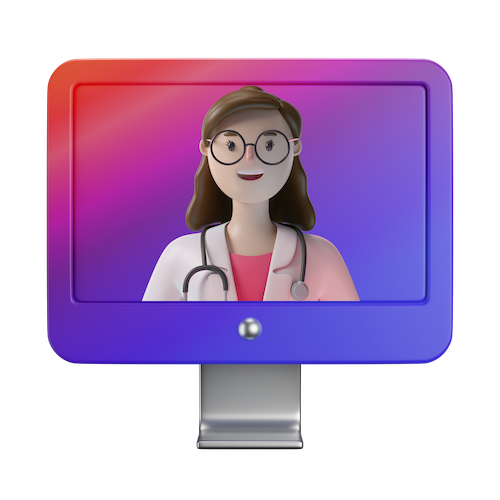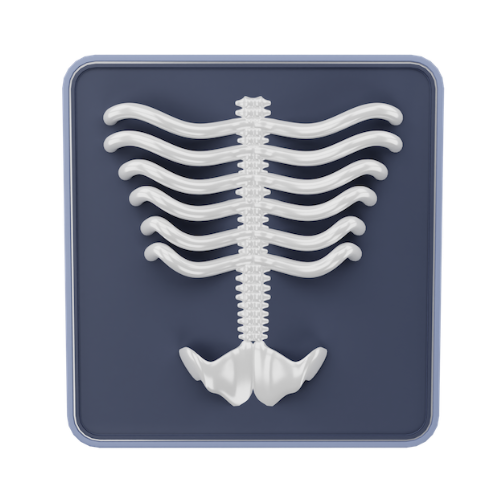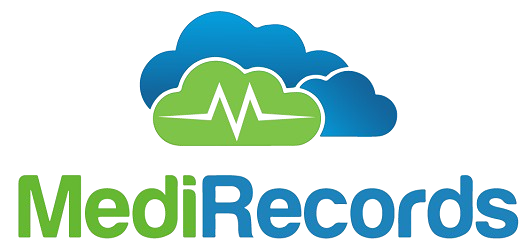Table of Contents
When your hormones fall out of step, it’s not just your body that feels it. Your whole life does. One week you’re brimming with energy, the next you’re dragging yourself out of bed. Moods shift without warning, your skin rebels, and your cycle plays hide-and-seek. It’s exhausting.
But take heart: your body isn’t broken. Hormones are messengers, and when their signals get muddled, they’re really just waving a flag that says, “Pay attention to me.” The encouraging part? Hormones can be balanced in gentle, natural ways, many of which are based on science and backed up by Australian health experts in the field. You can sink your body back on track with the correct combination of food, changes in lifestyle and even considerate supplements.
What Is Hormonal Imbalance?
An imbalance of hormones is a state in which your body produces either excess or insufficient amounts of important regulators such as estrogen, progesterone, thyroid hormones, insulin or cortisol. Since all these chemical messengers are so closely interconnected, even a slight imbalance can be experienced as being like a domino effect within your system.
Healthdirect Australia states that everything, including metabolism and fertility, mood and sleep, is controlled by hormones. The impact of this can be far-reaching when they are agitated.
Some of the typical symptoms of hormonal imbalance in women are:
- Abnormal or painful menstruation.
- Breakouts or skin changes
- Unexplained shifts in weight
- Constant fatigue or foggy thinking
- Mood swings, anxiety, or low mood
- Hot flushes or night sweats
Why Hormones Fall Out of Balance
Hormones don’t misbehave for no reason, they respond to the push and pull of daily life. Some frequent hormonal imbalance in females causes are:
- Chronic stress (too much cortisol tips everything off balance)
- Diets high in processed foods and sugar
- Poor or irregular sleep
- Polycystic Ovary Syndrome (PCOS)
- Perimenopause and menopause
- Thyroid conditions
- Over-exercise or under-eating
And yes, many irregular periods causes can be traced back to these disruptions, especially when estrogen and progesterone lose their usual rhythm.
Read: Irregular Periods: How To Get Regular Periods Naturally
How to Balance Hormones Naturally
If you’ve ever wondered, “How to balance hormones naturally?” The answer lies not in quick fixes, but in small, consistent steps. Here are 5 natural ways to balance hormones:
1. Eat Like Your Hormones Matter
Food is the most powerful, everyday tool you have. It’s not just fuel; it’s instruction for your body.
Foods to help hormonal imbalance:
- Spinach, kale, broccoli (leafy greens) are sources of magnesium and iron.
- Good fats (avocado, salmon, olive oil, nuts) to build hormones.
- Whole foods rich in fiber and healthy fats to support balanced blood sugar.
- Flax, pumpkin, chia seeds to help with estrogen and progesterone.
On the flip side, keeping processed sugar and refined carbs in check helps prevent insulin, another hormone, from spiking and crashing.
Whole, fresh foods are promoted as the foundation of long-term health in the Australian Dietary Guidelines.
2. Stress Less, Live More
Stress is the invisible saboteur. When cortisol runs high for too long, it hijacks your other hormones, leaving you jittery, sleepless, and drained.
- Ways to quiet cortisol naturally:
- Yoga or Pilates for mindful movement
- Ten minutes of meditation to reset your nervous system
- A daily walk outdoors (nature is the best therapist)
Stress management is a non-negotiable for hormone balance.
Also read: Managing Stress And Anxiety: 5 Simple Tips For Better Mental Health
3. Treat Sleep as Medicine
Good sleep isn’t optional. It’s when your hormones get their reset. During deep rest, cortisol, melatonin, and growth hormones recalibrate.
Sleep-friendly habits:
- Keep a steady bedtime and wake time
- Switch off screens before bed
- Skip caffeine in the late afternoon
- Seven to nine hours is the sweet spot for most adults.
4. Find Your Healthy Weight
Weight and hormones talk to each other constantly. Carrying too much fat tissue can create excess estrogen, while being underweight can shut down hormone production.
According to Better Health Channel, even small, steady changes in weight can restore healthier hormone function, especially for women with PCOS.
5. Supplements to Balance Hormones
When diet isn’t quite enough, supplements to balance hormones can lend a hand. Popular choices include:
- Vitamin D for mood and reproductive health
- Magnesium for calming cortisol and easing PMS
- B vitamins to support energy and stress response
- Omega-3 fatty acids for reducing inflammation
Always check in with a GP or telehealth doctor before adding supplements, what works wonders for one person may not be right for another.
Some women turn to herbs for extra support. But remember “natural” doesn’t always mean safe. Always get medical advice before diving into herbal remedies.
When It’s Time to Call a Doctor
While lifestyle changes are powerful, some symptoms deserve a professional eye. Seek help if you notice:
- Ongoing or severe irregular periods
- Intense mood changes or constant fatigue
- Sudden weight changes
- Hot flushes or night sweats
Because hormone levels naturally fluctuate (for example, during the menstrual cycle or menopause), blood or other hormone tests should be performed and interpreted by qualified healthcare providers to ensure accurate diagnosis. Telehealth doctors can order blood tests, interpret results, and design a plan that’s tailored to your body. Whether that’s lifestyle, supplements, or medical treatment.
Final Thoughts
The conductors of the orchestra of your body are the hormones that go unrecognized. With them in harmony, there is a sense of ease; you feel the flow of energy, your mood is elevated and your cycle assumes its own rhythm. Life becomes like noise rather than music when they are not.
The beauty is that balance is possible. By making wise food decisions, managing stress, getting enough sleep, and using supplements that are backed by evidence, you can take good care of your hormones in a natural and effective way.
There is no enemy in your body, it needs attention. Either hear me out, or be nice with it, and you will be astounded at the ease with which it will regain its natural position.
If your body feels out of rhythm and questions linger, don’t walk this path alone. Book an online appointment with our GPs today and take the first step toward balance.
Reference:
- Healthdirect Australia. (n.d.). Hormonal system. What It Is and How It Works | Healthdirect.
https://www.healthdirect.gov.au/hormonal-system-endocrine - Iwc. (2024, January 16). 7 Foods to Boost your “Happy Hormones.” IWC.
https://www.iwc.org.au/blog/7-foods-to-boost-your-happy-hormones - Australian dietary guidelines. (n.d.). Eat For Health.
https://www.eatforhealth.gov.au/guidelines/about-australian-dietary-guidelines - Department of Health & Human Services. (n.d.). Polycystic ovary syndrome (PCOS). Better Health Channel.
https://www.betterhealth.vic.gov.au/health/conditionsandtreatments/polycystic-ovarian-syndrome-pcos

